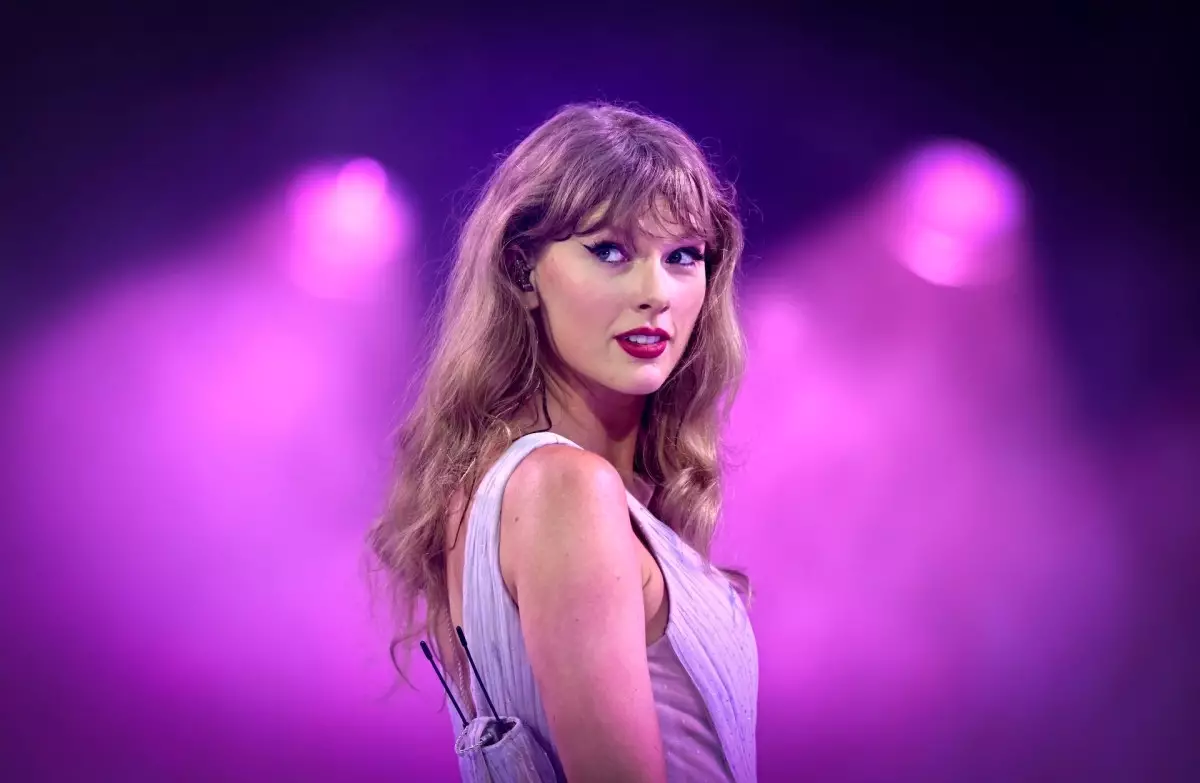Following a historic presidential debate that touched on bizarre topics like eating pets, Taylor Swift made a powerful statement on Instagram. As one of the most influential figures in American pop culture, Swift announced that she would be voting for Kamala Harris in the upcoming presidential election. However, what set her announcement apart was her mention of AI deepfakes. Swift expressed her concerns about being deepfaked to endorse a candidate she does not support, emphasizing the importance of transparency to combat misinformation.
Celebrities, particularly those as high-profile as Taylor Swift, are prime targets for AI deepfakes due to the abundance of photos and videos of them available online. These sophisticated AI fakes can be used to create endorsements that the celebrities never made, leading to widespread misinformation. Not only are celebrities like Swift at risk of being deepfaked for endorsements, but they also face the threat of nonconsensual AI-generated pornography, sparking calls for legislative action against this harmful practice.
As the U.S. approaches election day, the prevalence of AI deepfakes in political discourse poses a significant threat. With voters increasingly turning to social media for news, the spread of misinformation through deepfakes becomes a pressing concern. Despite the potential impact of AI manipulation on the election process, current legislation does little to address this issue. The technology has advanced to the point where robocalls can be deepfaked in a way that deceives recipients, further complicating the fight against misinformation.
In response to the growing threat of AI deepfakes, there have been calls for legal action to protect individuals, including celebrities, from being exploited by malicious actors. Taylor Swift, as a Tennessee resident, has been suggested as a potential plaintiff under the ELVIS Act, a new law aimed at combating deepfakes. However, the lack of legal precedent and timely legislative action make it challenging for celebrities like Swift to seek justice against those who misuse their likeness.
Experts propose that federal legislation, such as the bipartisan NO FAKES Act, could provide consumers and celebrities with greater protection against AI manipulation. While there are positive applications of AI in campaign strategies, caution must be exercised to prevent candidates from being misrepresented. Despite the potential for legal recourse through new laws, meaningful legislative changes are unlikely to be enacted before the upcoming election. The need for greater awareness and vigilance in safeguarding against AI deepfakes remains a pressing issue for both lawmakers and public figures like Taylor Swift.
By taking a stand against AI deepfakes and advocating for transparency in the political process, celebrities like Taylor Swift are highlighting the urgent need for legislative action to protect individuals from the harmful effects of misinformation. As technology continues to evolve, it is essential for policymakers and lawmakers to remain vigilant in safeguarding against AI manipulation and ensuring the integrity of democratic processes.

